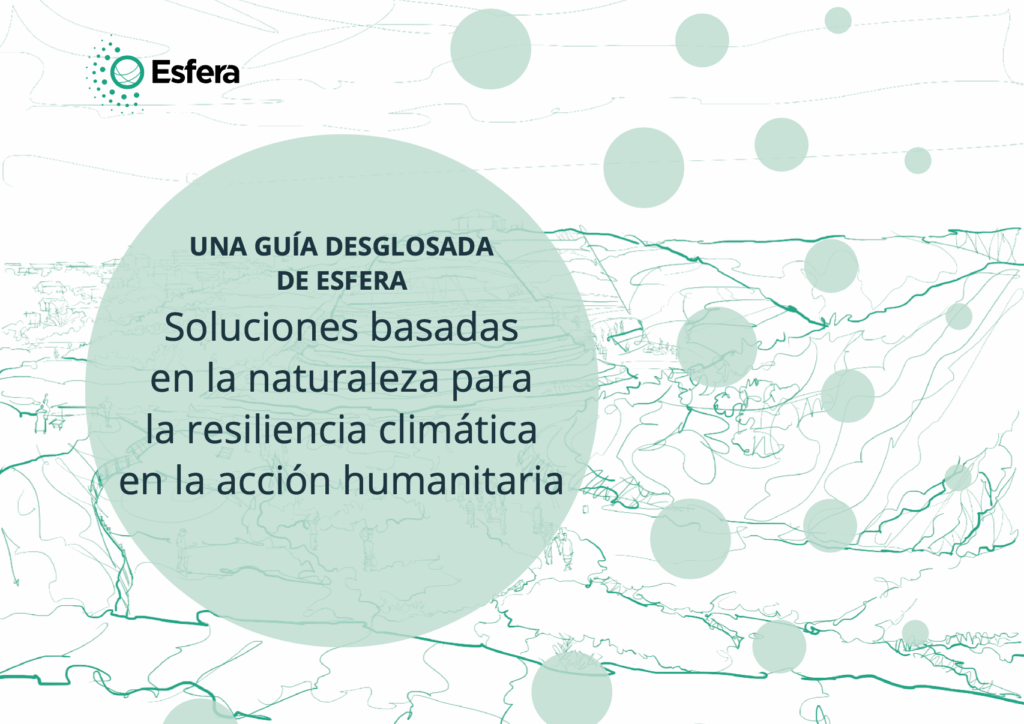Over the past 20 years, communities around the world have experienced the most devastating effects of climate change, with a more than 40% increase in the sudden onset of climate and climate change-related disasters (IFRC, 2022).
It is expected that by 2030, around 150 million people per year will require humanitarian assistance due to these events. By 2050, this figure could reach 200 million (IFRC, 2019).
A more complex and frequent crisis
The most recent IPCC report (2023) warns that multiple extreme weather events are likely to intensify and occur simultaneously in the coming years if global warming continues. Against this backdrop, the response capacity of the humanitarian sector is threatened by increasingly frequent, protracted and intense emergencies.
We must rethink our relationship with nature
To meet these challenges, it is urgent to rethink the way we work in the humanitarian sector.
The nature-based solutions (NBS)-actions that address social, economic, and environmental challenges through the care and sustainable use of ecosystems-offer a concrete opportunity to strengthen disaster prevention, response, and recovery (Sphere, 2023).


